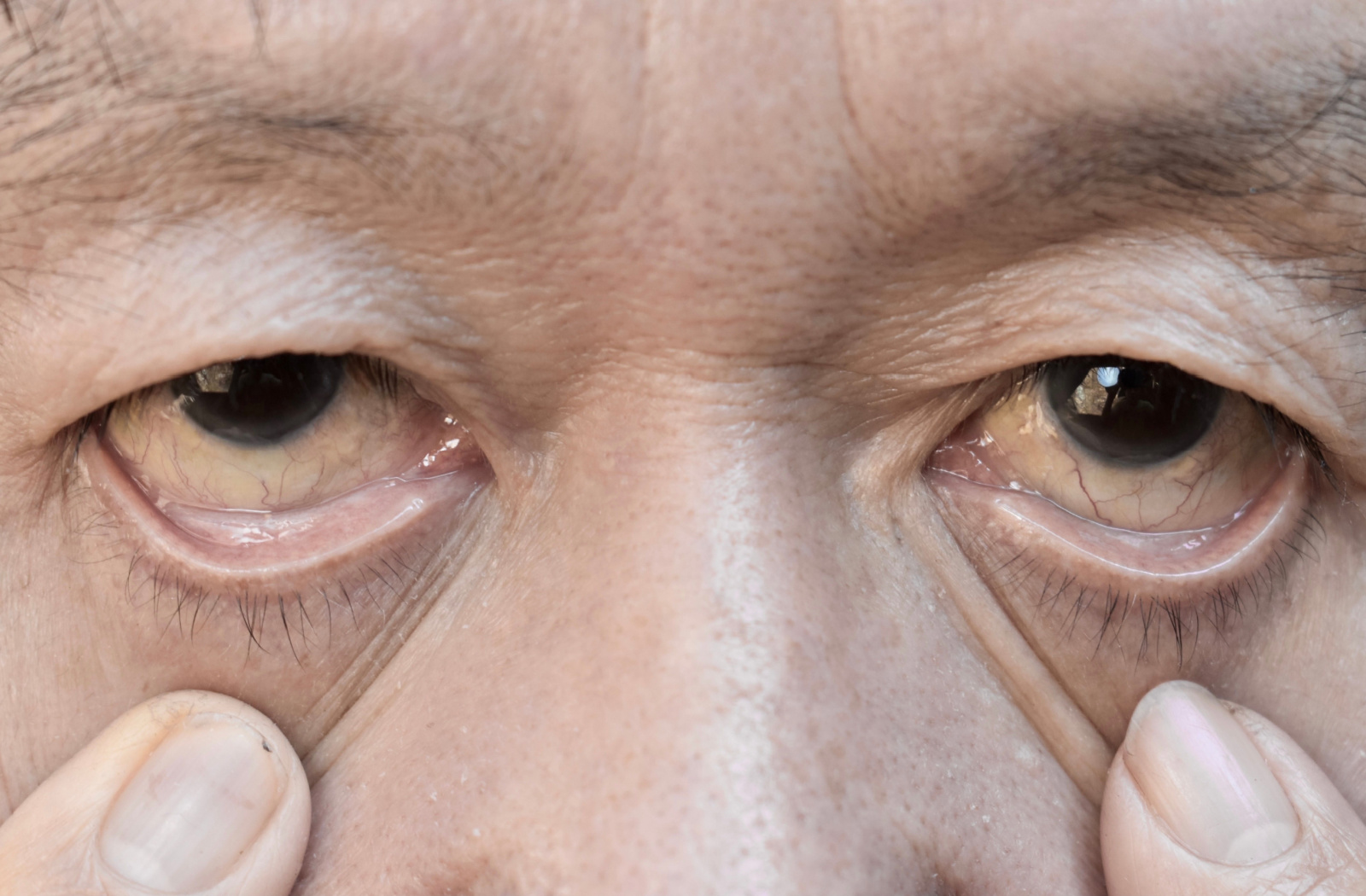Anemia can occur when you have a decreased red blood cell count, so fewer than normal red blood cells circulate in the blood. It can affect individuals of all ages but is common in seniors, and the risk of developing it can increase with age.
Those 65 years and older, whether living alone or in a senior living community, may be at a higher risk of developing anemia or complications from having it. Seniors can face an increased risk of anemia due to several factors, including age-related health changes, nutritional deficiencies, side effects from medications, and other underlying health conditions.
Support for assisted living can be helpful for those who may struggle with activities of daily living due to anemia. Increasing your understanding of anemia can also help prepare you and your loved ones for living with and managing anemia symptoms.
What Is Anemia?
Anemia is a medical condition characterized by a deficiency in the number of red blood cells or a lower-than-normal level of hemoglobin, the protein responsible for carrying oxygen throughout the body.
Red blood cells and hemoglobin are crucial for delivering oxygen to tissue and organs, ensuring proper functioning. When anemia occurs, the body may not receive an adequate oxygen supply, leading to symptoms such as:
- Fatigue
- Weakness
- Dizziness
- Irritability
- Cold hands and feet
- Pale skin
- Pale lower eyelids
- Heart palpitations
- Shortness of breath
- Chest pain
- Headaches
Causes of Anemia in Seniors
Anemia can have different causes, including nutritional deficiencies, chronic diseases, medications, and other underlying health conditions. Proper diagnosis and treatment are important to address the underlying cause and restore the balance of red blood cells, which may help improve the overall health and well-being of those affected by anemia.
Age-Related Changes
Erythropoietin (EPO) is a hormone produced by the kidneys that helps stimulate red blood cell production. Age-related changes in health can cause changes in organ function that can contribute to anemia, such as reduced erythropoietin production in the kidney or reduced red blood cell production in the bone marrow.
Malabsorption
Aging can affect our ability to absorb and use essential nutrients, such as iron, vitamin B12, and folate. These nutrients are vital for red blood cell production, and deficiencies can impair the body’s ability to generate an adequate number of healthy red blood cells.
When gastrointestinal disorders and ulcers affect us, our body may not be able to use iron properly, even with high iron intake. Thus problems with iron absorption can lead to iron deficiency anemia.
Nutritional Deficiencies
Nutrient deficiency is a common concern among seniors and can be caused by a combination of factors, including reduced appetite, dental problems, and limited access to nutritious foods. Inadequate intake of key nutrients can lead to anemia in seniors.
Iron deficiency is a common type of anemia that occurs when the body lacks sufficient iron to produce hemoglobin. Seniors who do not consume iron-rich foods or have difficulty absorbing iron may be at higher risk of developing this form of anemia.
Furthermore, deficiencies in vitamin B12 and folate can also contribute to anemia. Seniors who follow restrictive diets, such as vegetarian or vegan lifestyles, may be more prone to vitamin B12 deficiency anemia because vitamin B12 is found primarily in animal products.
Underlying Health Conditions
Several health conditions that affect seniors can increase the risk of anemia. Chronic diseases, such as kidney disease, liver disease, and thyroid conditions, can directly or indirectly lead to anemia.
Inflammation from an infection or chronic inflammation, such as stomach and intestinal inflammation, can also cause anemia.
Medications
Certain medications commonly prescribed for seniors can contribute to anemia as well. These can include ACE inhibitors and anticonvulsants. Chemotherapy treatment can also adversely affect your blood, causing anemia as a side effect.

Diagnosis & Treatment for Anemia
Anemia is diagnosed with a complete blood count (CBC) test and an examination of the number of red blood cells in the body. Seniors can be more prone to anemia, and because anemia can be related to underlying causes, it’s not always possible to prevent it.
However, depending on the severity, anemia can be managed and treated effectively with:
- Supplements
- Treatments for the underlying condition
- Changes to medications or medication dosage
- Blood transfusions
- Corticosteroid treatments
- Spleen surgery
- Surgery to repair blood vessels
Your doctor may also suggest a few lifestyle changes or preventive measures for managing anemia, such as a well-balanced diet rich in iron, folate, vitamin B12, and vitamin C to prevent nutritional deficiencies.
Foods rich in these essential nutrients include:
- Meats
- Lentils
- Dark green vegetables
- Beans
- Bread
- Pasta
- Rice
- Citrus fruits
- Dairy products
- Peppers
- Melons
Regular health checkups are crucial for seniors to identify and address any underlying health conditions that may contribute to anemia. Healthcare professionals can monitor blood levels and recommend appropriate treatments, including iron or vitamin supplements.
Promoting Healthy Aging
Symptoms of anemia in seniors, such as weakness, irritability, and fatigue, can go unnoticed or may be thought to be from another cause. Because seniors can be more prone to anemia due to nutritional deficiencies and underlying health conditions, receiving an early diagnosis and starting treatment is imperative.
Through a balanced diet and regular medical checkups, seniors can maintain their health and reduce their risk of anemia to help increase their quality of life. Contact All American Senior Living in Kingston to learn how we can support the well-being of seniors who have many different lifestyles and needs.





